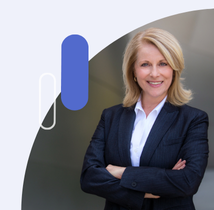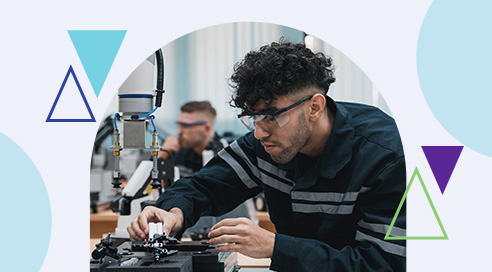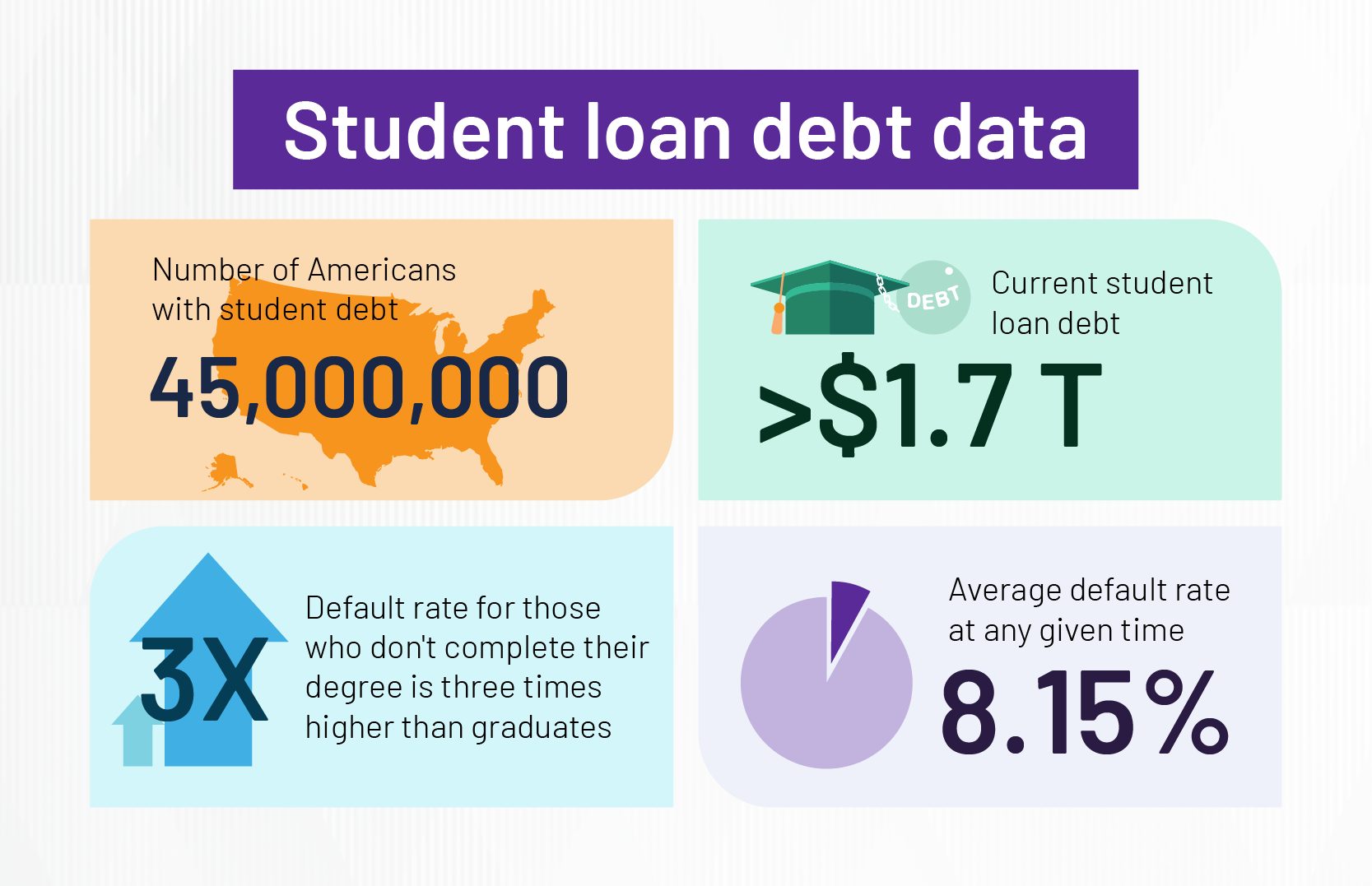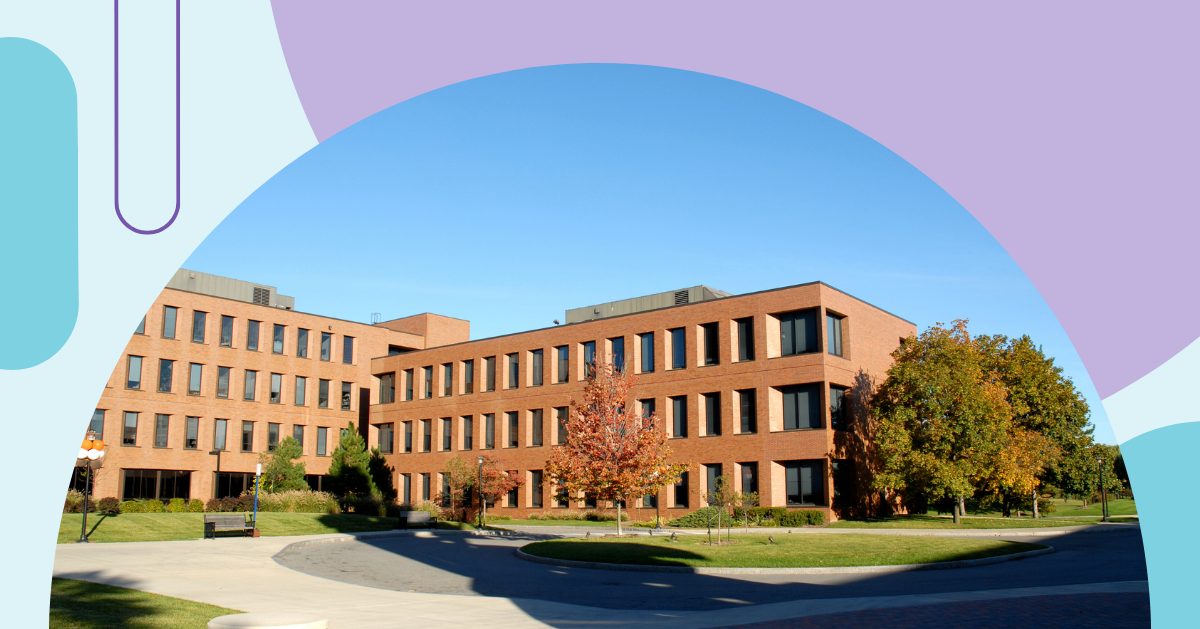
As a technical and trade school administrator, you understand how important continuous improvement is for your institution. It benefits prospective and current students, faculty, staff, and the institution as a whole, including its programs.
Technical program assessments are one way of pursuing this growth. To paint a complete picture of how your programs perform, you need to solicit feedback from all stakeholders, including faculty members. Different perspectives drive creative and critical thinking after all.
However, different perspectives can also lead to challenges and miscommunication. For administrators, assessments are a measure of the institution’s progression, whereas administrators may view assessments as additional tasks to their workloads. It’s important to connect the assessment with each viewpoint. This way, both can adopt a more favorable perspective toward the technical program assessments.
Learn how you can keep faculty members engaged during these assessments.
Why faculty feedback matters in program assessment
Your faculty is the key connection between your students and their success, and the technical programs and their performance. Including them is essential for student and program success. Their engagement in program assessments can provide various advantages to your institution.
Here is how their voices help:
- Ensure curriculum relevance: Faculty members are directly connected to the curriculum. Soliciting their feedback ensures that the program stays aligned with industry standards, which change constantly due to labor market trends and new technological advancements.
- Offer student insights: Faculty members are the best source for student insights. With their observations, they can highlight any patterns in student performance, like skill gaps. You can utilize these firsthand insights to enhance the technical program assessment efficacy, so learning outcomes improve.
- Provide continuous improvement: If institution administrators regularly seek feedback from faculty, it can create a collaborative environment. A culture of constant improvement is achieved by consistently refining programs through everyone’s feedback.
Challenges to faculty engagement in technical education
Although it’s highly beneficial to institutions to gain feedback from faculty members for technical program enhancement, there are a few challenges to it. The main challenge revolves around faculty engagement with the assessment, as a result of:
- Time constraints: Faculty members are tight on time. They have other responsibilities involving teaching, mentoring, admin, and research. Due to having limited time, they may not be as engaged in technical program assessments as you would have hoped for.
- Lack of training: In some cases, a lack of faculty engagement can be a result of the unknown. Some faculty may not be familiar with assessment methodologies. The lack of training and familiarity leads to uncertainty and reluctance to participate.
- Perceived bureaucracy: Waterfalling from the lack of training, some faculty members may see assessments as pure administrative tasks. As such, they can be reluctant to participate as they may perceive assessments as tasks disconnected from their main task — teaching.
- Insufficient institutional support: Although some faculty staff may be willing to participate, there can be feelings that their feedback will not be supported. The lack of their institution’s support and appreciation for their program assessment feedback can be enough motivation to disengage.
Knowing your faculty’s pain points and challenges helps you determine which strategies can help boost their engagement and appreciation for program assessments.
5 strategies to increase faculty assessment engagement
As an administrator, you can help boost technical education faculty engagement in program assessments. Here are five practical assessment participation strategies to consider.
1. Make assessment part of the culture
An assessment should not feel like another checkbox for faculty, as they can feel like it just adds to their workload. One strategy technical school administrators can try is making assessments feel more meaningful. In other words, make it part of the institution’s culture.
A simple method of achieving this is to branch the importance of assessments — and everyone’s feedback — into various institutional touchpoints. You can include them in formal department meetings and informal everyday conversations.
Consistently doing so can help faculty see that their insights can directly shape the technical program for the better. As such, faculty can feel more invested in them.
2. Offer targeted training and support
One of the challenges of faculty feedback involved a lack of training or familiarity with program assessments. Remember, not every faculty member enters their role with a comprehensive background in outcomes-based assessments. However, you can offer the perfect solution — dedicated training and support.
Now, faculty have limited time on their hands. Offering them targeted training on everything assessments can be challenging. However, what you can do is offer bite-sized, practical training sessions. A simple weekly 30-minute workshop, for example, can already make a major difference.
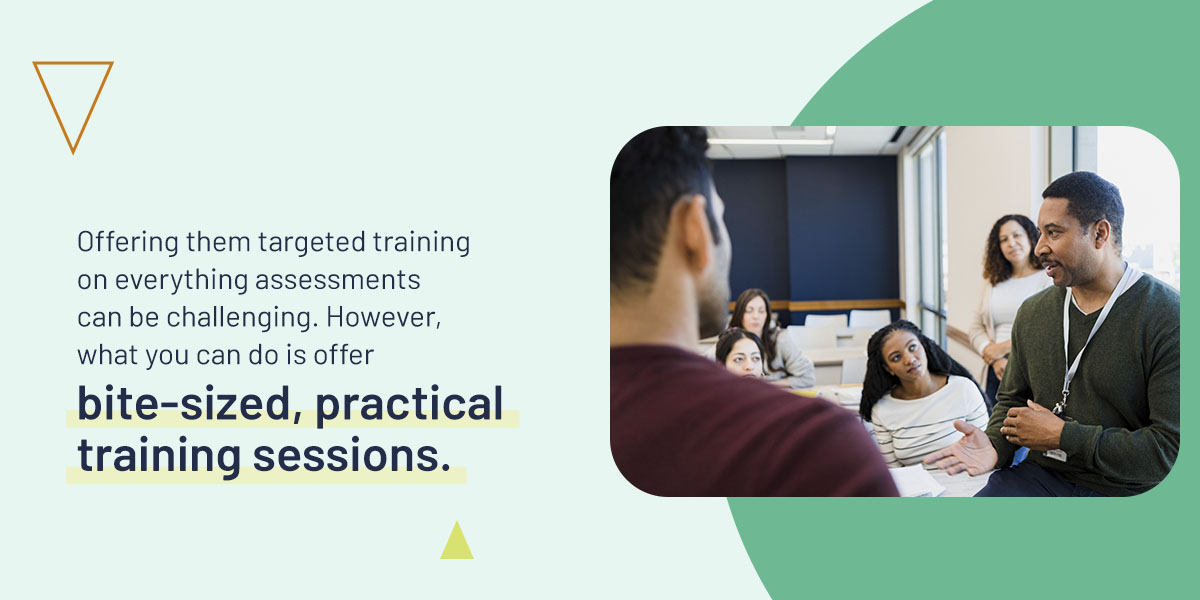
Additionally, institutions can create a resource hub for later reference. For faculty who are familiar with the program assessment process, pair them with those who need extra support.
3. Respect their time with streamlined tools
Time is of the essence. Technical program assessments should not feel like a second job for faculty. So, what better way to save this valuable resource than streamlining assessment processes and utilizing technology? The more you simplify the process, the more likely faculty will engage.
Look for user-friendly higher education software solutions that allow your faculty members to enter assessment data once and have it auto-populate. Make technology work for them. Centralizing assessment data also helps eliminate the need for juggling spreadsheets or chasing down documents from other stakeholders.
But what if your institution already utilizes various software tools for program assessment? In that case, finding a solution that easily integrates with various learning management systems (LMSs) is a must.
4. Recognize and reward their efforts
Your faculty are human, many of whom may thrive when they feel appreciated. So, to boost and maintain technical education faculty engagement in assessments, ensure to recognize and reward their efforts regularly — privately or publicly.
The matter at hand is that faculty want to know that their time and contributions are appreciated. Even small gestures can make a big difference in their morale and motivation.
This strategy can even form part of making assessment part of the institution’s culture. The recognition faculty receives can thus reinforce the concept that assessments are about continuous improvement.
5. Close the loop and show the impact
Although rewards and recognition are part of the equation, what really counts is the positive impact faculty feedback made through these program assessments. It is the main purpose of these assessments.
Faculty members do not want to contribute their time and effort just for it to vanish into a “black hole.” So, to keep them engaged, show how assessment data is used. Close the loop and communicate and share assessment results regularly.
Why stop there? Involve faculty members in developing the next steps based on the program assessment findings. Having them around the table with other key decision-makers can further reinforce their value and role in the institution’s continuous improvement.
Simplify assessment and strengthen engagement with Watermark
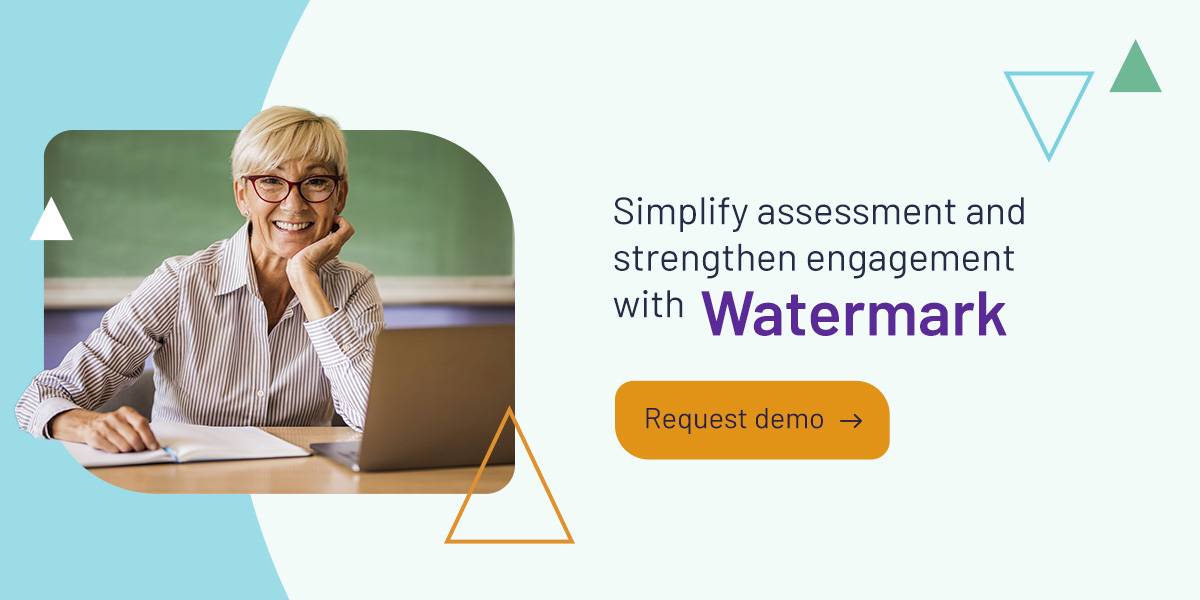
As a technical school administrator, it is essential to prioritize faculty engagement as a key component of your program assessment efforts. Doing so can help make programs more relevant and better prepare graduates for the labor market.
When assessments are streamlined and visibly tied to improvements, faculty members are more likely to engage with purpose. Consider Watermark Planning & Self-Study to foster productive, action-oriented discussions about continuous improvement. Gain insights at every level and use this data to enhance your institution’s programs.
Also, Watermark Faculty Success offers a central hub to store faculty activity data. Our solution allows you to support your faculty team through various features and capabilities, while helping them grow in their careers.
Request a demo today to see our solutions in action!

